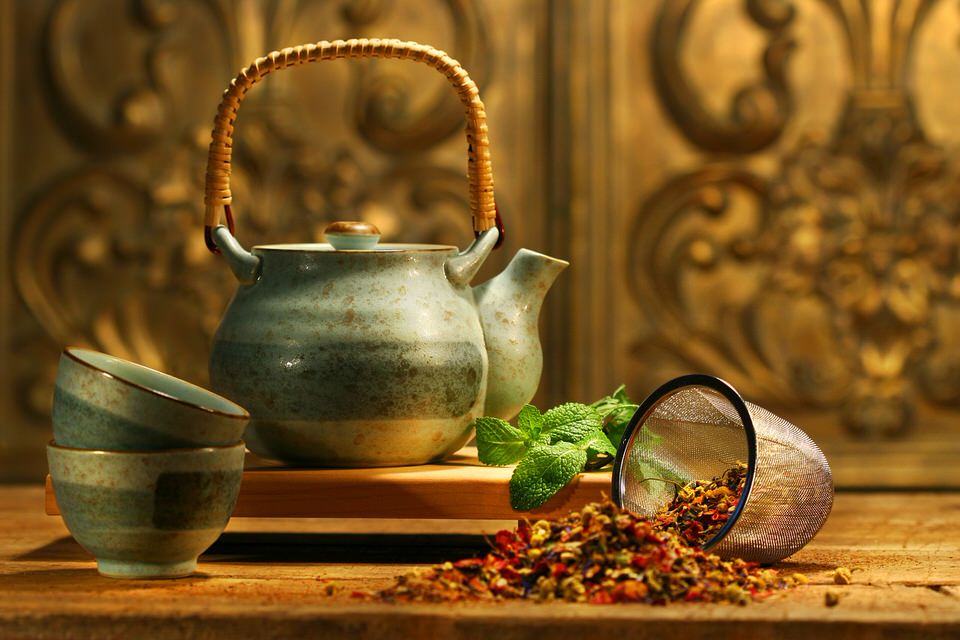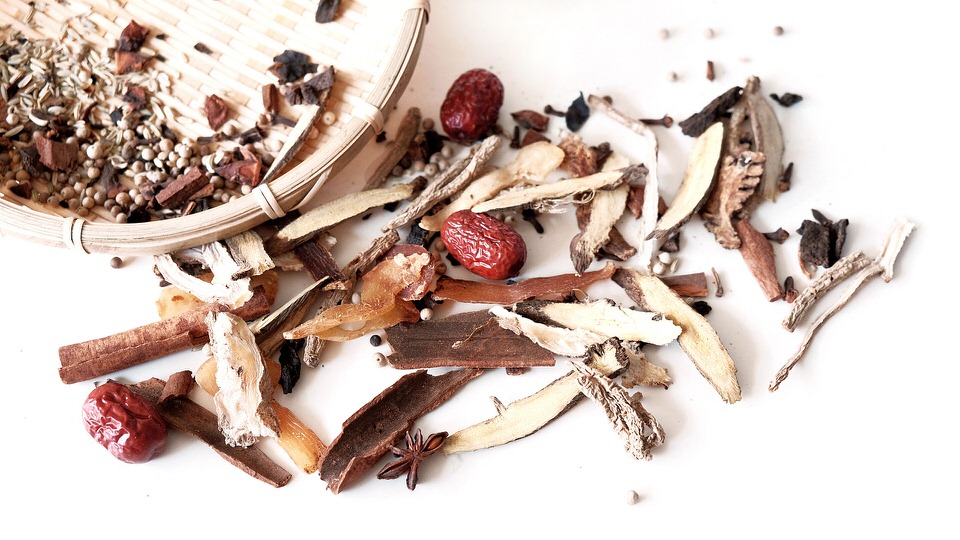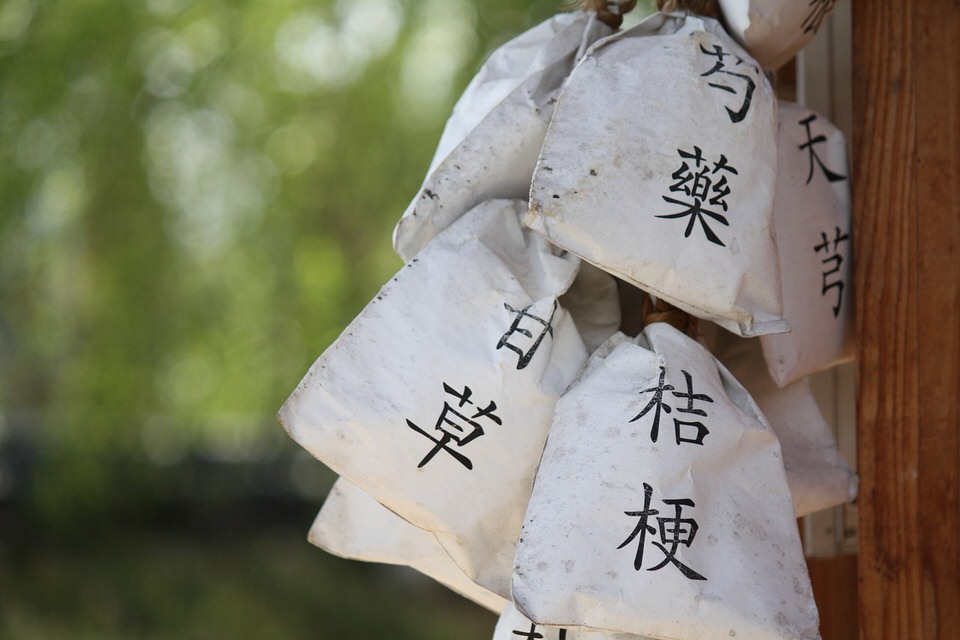The use of herbs in Traditional Chinese Medicine has long been known since the existence of TCM. Traditional Chinese Medicine, popularly called the TCM, is one of the oldest known medicines that exist for more than 5000 years, and herbal medicine is one of the oldest branches of traditional Chinese Medicine.
Herbal Treatments
In many places, particularly the countryside, herbalism had been and still is a general healing method. Here, the wisdom about several medicinal plants was passed on from generation to generation. For a long time, it has been a mixture of knowledge and life experience.
TCM itself is also a combination of knowledge and healing arts. Eventually, the healing methods became more specific and are growing more popular as a standalone treatment or alongside Western Medicine.
TCM Approach
Traditional Chinese Medicine involves using herbs and treats both acute and chronic diseases. In principle, there is no limitation of the applicability of Chinese drug therapy to specific diseases.
For almost every disease documented in Western Orthodox Medicine, some herb has grown in Chinese Medicine to treat the condition. However, how quickly Chinese medicines bring about noticeable improvement or healing for the patient depends on the severity and chronicity of the disease.
In TCM, about 500 herbs are relevant and medically applicable. Often, acupuncture is a supplement, along with medicinal herbs. The traditional diagnosis based on pulse, tongue, facial colour, and expression is of extreme importance as it determines whether there is a deficiency or an excess of energy, the Qi. In other words, the diagnosis enables the therapist to know if you have a Yin or a Yang disorder.
Based on the type of disorder, the treatment would intend to clarify heat, treat dryness, treat phlegm or, drive out wind, generally known as the “perverse” energy. Primarily, the treatment aims to restore energy balance in your body.
Also Read:
Specific Therapies
The following list shows frequently occurring diseases that respond very well to Chinese herbal drug therapy. However, the list is not complete. Several other conditions that are not mentioned here can also be treated with Chinese medicines. For reasons of easy comprehensibility, the pathologies listed below are expressed in their orthodox medical terminology. Nowadays, in most of the cases, the herbs accompany an acupuncture treatment and the vice versa.
- Gastrointestinal diseases: Irritable stomach, Irritable bowel, Gastritis, Colitis
- Respiratory diseases: Asthma, Sinusitis, Bronchitis
- Skin diseases: Eczema, Psoriasis, Acne
- Gynecological problems: Menstrual problems, Infertility, Cysts, Myomas, Pregnancy problems, Menopause problems
- Urogenital diseases: Inflammation of the prostate, Urinary infection
- Childhood problems: Skin diseases, Bed-wetting, Hyperactivity, Diseases of the digestive system
- Infectious diseases: Colds, Bronchitis, Diarrhea, Acute and Chronic infection of the bladder, Chronic fatigue syndrome
- Other conditions: Insomnia, Migraine, Dizziness, Tinnitus, Stress-related complaints, Depression, Rheumatism, Conjunctivitis, All kinds of allergies, Circulatory disorders
Preparing Herbs
The focus of Chinese Phytotherapy centers on mixed preparations of five to fifteen different compounds from plant extracts. Usually, pharmacies specialized in TCM make such herbal potions. The individual preparations combined into one single mixture treats all your symptoms.
How to consume?
Chinese herbal medicines are taken in the form of teas or decoctions. Conventionally, the decoction is prepared by boiling the herbs in water for about 15 minutes.

The therapist gives detailed guidelines about how to prepare and consume the medicine. Further, he periodically engages with the patient checking on the progress. As this is a healing process, the active participation of the patient is vital to re-balance the existing energetic dissonances with the help of the organism’s self-healing powers.
Duration of the treatment
The patient should take the decocts or ready-mixes daily. The treatment usually lasts from one week to several months, depending on the severity and duration of the illness.
Healing Follow-up
The therapist regularly examines the patient to ensure that the chosen formula of herbs remains effective. It is not without reason that in TCM, unlike contemporary medicine, periodical sessions are scheduled, as this is a healing process that should mature in the person concerned.
Edited by Love4Wellness

